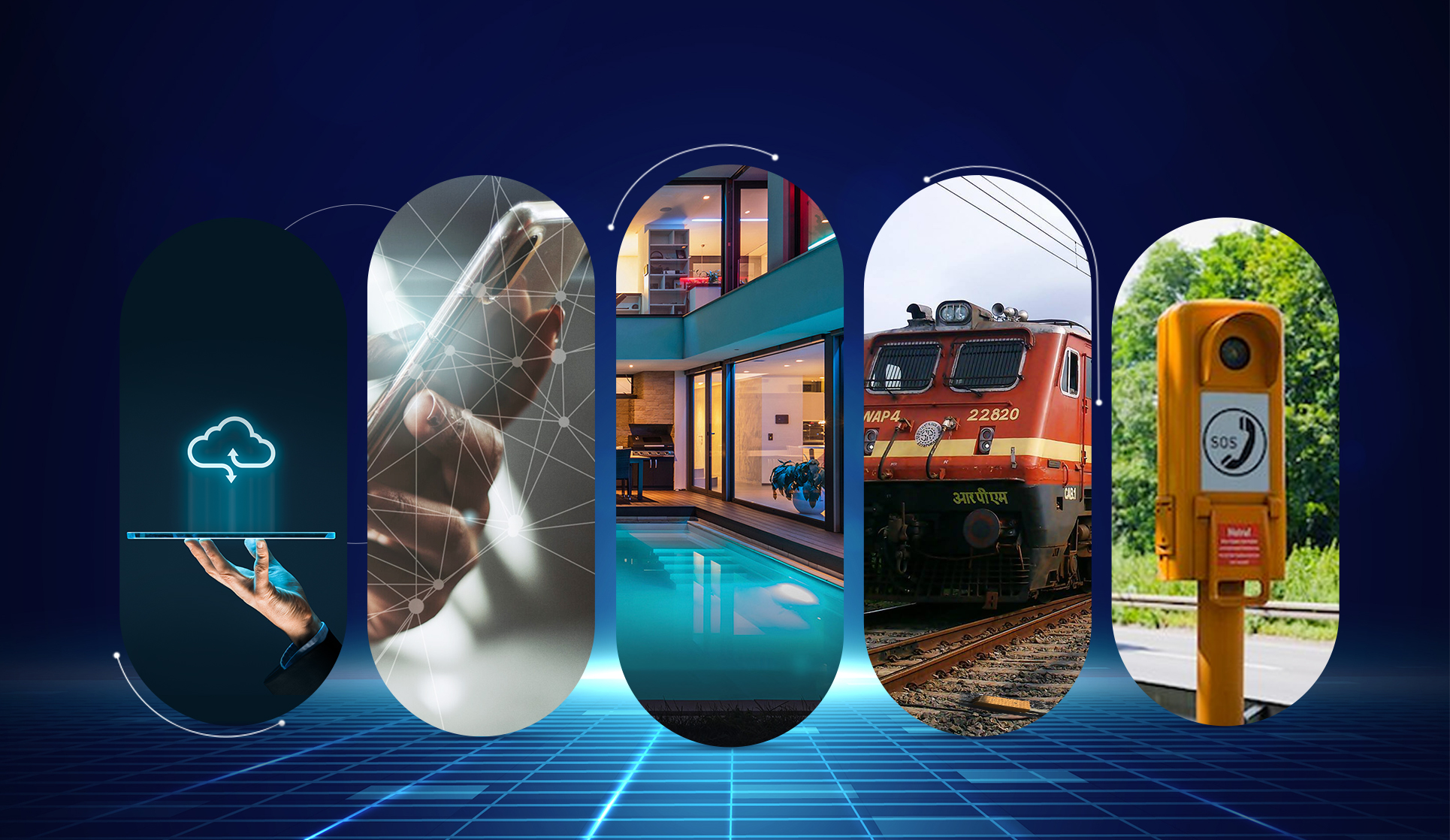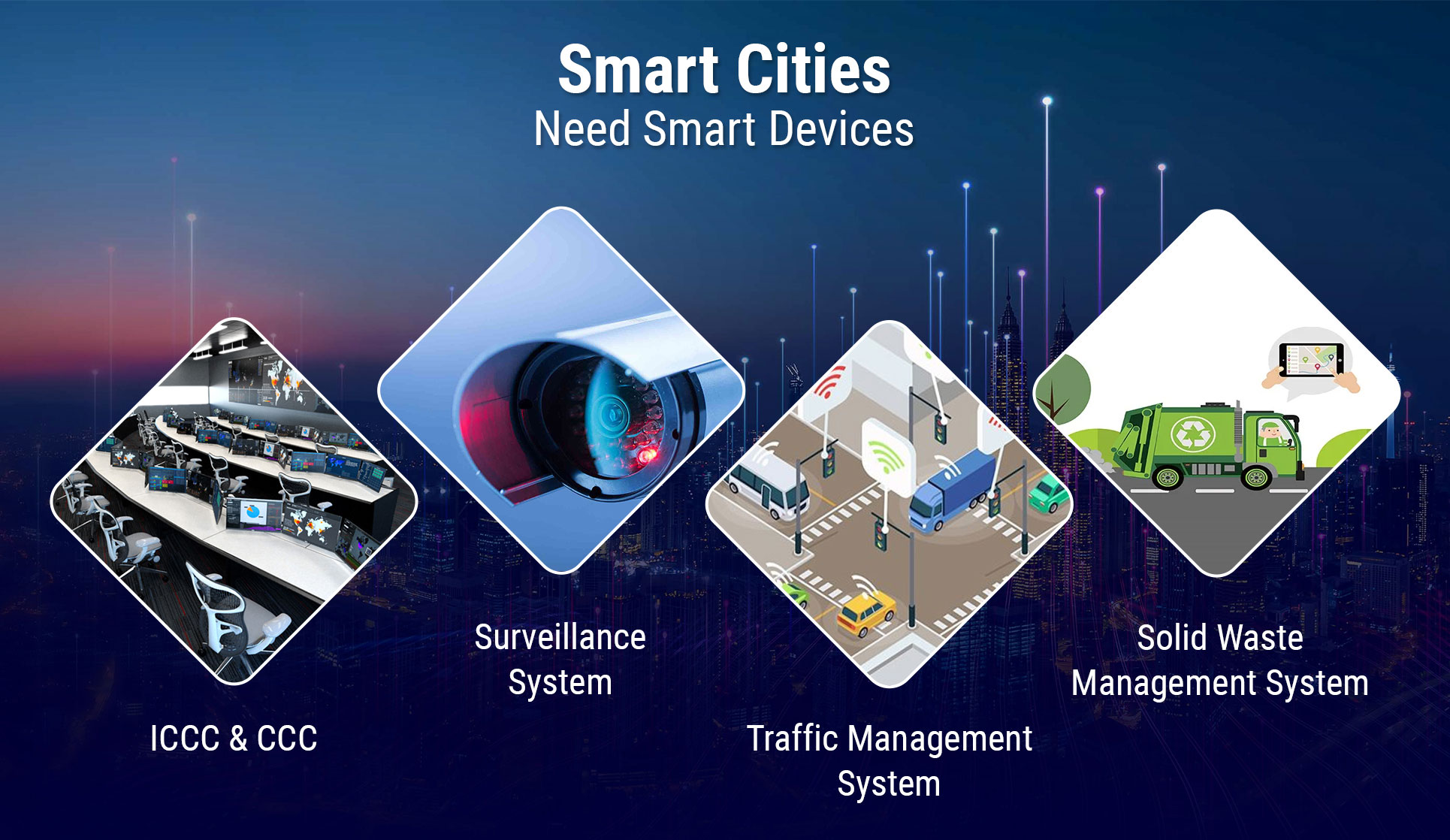An IoT Service Provider : Possibilities For The Future

The potential to effectuate modulations in nature, to better suit the interests of our development as a civilisation, is innate in the human constitution. The Digital Transformation Revolution is a prime instantiation of this potential. The revolution seeks to induce a radical shift in the general perspective, afforded to the various possibilities, pertaining to productive human engagement, e.g. – Business, Education, Security, etc. In this regard, the Internet of Things (or IoT) assumes centrality as being essential for the actualisation of this revolution.
IoT – A Brief Elucidation
The rise of the Internet has served as the inception for a change that is as encompassing as it is ceaseless. Our conception of connectivity has been altered to assume global dimensions. The virtual platforms fostered by the Internet serve to enhance communication, and the sharing of data, over distances that would once have appeared impossible to traverse. This contingency has further developed with the years, seeking to assume homogeneous compatibility with the numerous aspects of human life. The journey from the cell phone to the smartphone is a viable example in this regard. Initially, we could use a phone to call a person, or perhaps text them. Currently however, the smartphone involves procedural capabilities that range from reading a book to tracking one’s position on the globe, in real time. All of these is made possible through a connection to the Internet. The range of benefits that an Internet connection affords is not delimited to smartphones, tablets, and laptops. It can, with suitable modifications, be applicable for most aspects of human engagement. This is where the Internet of Things comes into the picture.
The Internet of Things, as a concept, envisions a seamless confluence of the Internet with the various modalities characterising the human environment. In simpler words, IoT envisions connecting everything in the world to the Internet such as to create a system for the efficient transfer of information, and meaningful analysis of the same, on a global scale, without the need for regular human intervention. The primary blocks in IoT are internet-enabled devices concerned with the collection of data. Data thus collected is aggregated and transmitted to a centralised location wherein it is ordered and analysed. Based on such analysis, relevant instructions are relayed back to the primary devices. For such a system of inter-connected objects, having the potential to collect, transfer, and meaningfully analyse data, the possibilities are simply astounding.
The Contribution of IoT
The last year left us with the ghost of a pandemic that still lingers on as we have set foot in the second month of the year 2021. The need for maintaining social distancing has rendered various operational structures obsolete, or crippled. Education and production can serve as prime examples in this regard. Furthermore, the growing human population, in a world of limited resources, necessitates an adherence to efficiency to ensure that the future is sustainable. The burgeoning populace needs space to live in, and amenities to live by. The concept of Smart Cities assumes relevance in this regard. Through efficient data analysis facilitated by IoT, we can ensure that the planning and execution of the city, and its assets, is efficient, and fashioned as per the requirements of its citizens.
Given urbanisation, in conjunction with the rising population, a critical eye needs to be afforded to the consumption of energy. Smart light control systems can serve as a credible means to the attainment of sustainability. Such a system can ensure that the lights function as per necessity - switching on or off when needed, adjusting the voltage as per the ambient conditions, or even operating on a prescribed schedule. Through extensive monitoring of the usage, and voltage levels, over time, the system can become more efficient in conserving energy, thus ensuring a bright future for the generations to come.
The proper use of IoT can ensure enhanced productivity (and hence revenue) across most sectors, whilst concurrently reducing operational expenses. Irrigation, for instance, is one of the fields where we can hope to witness major advancements. IoT service providers have come up with high quality sensors that gather real time data from the environment. Analysis of data so collected can help to automate irrigation. Furthermore, a smart irrigation system can choose to not water the crops in the case of a rainy day. Thus, not only is the process automated, but also afforded efficiency and sustainability. This in turn cuts down on the overall expenditure in the long term.
The Internet of Things can feasibly bolster the efficiency of our existent infrastructures, providing technically sound solutions through precise analysis of the available information. The cognition of such a possibility has resulted in the development of various IoT service providers that seek to credibly, and efficiently, cater to the varied needs of the growing human populace. From Security and surveillance to Solid waste management, IoT has a diversified applicability in that it can ensure that the entire process is synchronised, effective, and most importantly, continuously evolving.

